NGOs in Uganda have played a significant role in the country’s development, particularly in the areas of health, education, and human rights. The emergence of NGOs in Uganda dates back to before the country’s independence in 1962, with many services previously offered by the voluntary sector, including faith-based organisations that provided health and education services.
Today, many international NGOs operate in Uganda, such as World Vision, CARE International, and Oxfam. These organisations operate independently from any government and are funded by various sources, including private donations, grants, and government funding. In this blog, we will provide a list of the top NGOs in Uganda based on various sources.
Table of Contents
Top 10 International NGOs in Uganda
International NGOs play a significant role in Uganda, particularly in areas such as health, education, and human rights. Here is an account of the top 10 international NGOs in Uganda, along with information on annual returns, non-governmental organisations, literature review, potential impacts, and action plans:
1. World Vision Uganda – World Vision is a Christian humanitarian organisation that works in over 100 countries, including Uganda. They focus on child protection, education, health, and economic development. World Vision Uganda has an annual revenue of over $100 million.
2. CARE International Uganda – CARE International is a global humanitarian organisation that works in over 90 countries. In Uganda, they focus on women’s empowerment, food security, and emergency response. CARE International Uganda has an annual revenue of over $20 million.
3. Oxfam Uganda – Oxfam is a confederation of 20 independent charitable organisations focusing on poverty alleviation and social justice. In Uganda, they work on issues such as gender equality, economic justice, and humanitarian response. Oxfam Uganda has an annual revenue of over $10 million.
4. Save the Children Uganda – Save the Children is a global organisation that works in over 100 countries to improve the lives of children. In Uganda, they focus on education, child protection, and health. Save the Children Uganda has an annual revenue of over $10 million.
5. ActionAid Uganda – ActionAid is a global federation of organisations that work to end poverty and injustice. In Uganda, they focus on women’s rights, land rights, and climate change. ActionAid Uganda has an annual revenue of over $5 million.
6. International Rescue Committee Uganda – The International Rescue Committee is a global humanitarian organisation that responds to crises and helps people rebuild their lives. In Uganda, they focus on health, education, and economic recovery. The International Rescue Committee Uganda has an annual revenue of over $5 million.
7. Plan International Uganda – Plan International is a global organisation that works to advance children’s rights and equality for girls. In Uganda, they focus on education, health, and child protection. Plan International Uganda has an annual revenue of over $5 million.
8. Mercy Corps Uganda – Mercy Corps is a global humanitarian organisation that works in over 40 countries. In Uganda, they focus on economic development, conflict resolution, and humanitarian response. Mercy Corps Uganda has an annual revenue of over $5 million.
9. Catholic Relief Services Uganda – Catholic Relief Services is the official international humanitarian agency of the Catholic community in the United States. In Uganda, they focus on health, agriculture, and emergency response. Catholic Relief Services Uganda has an annual revenue of over $5 million.
10. Danish Refugee Council Uganda – The Danish Refugee Council is a global organisation that works to protect refugees and displaced people. In Uganda, they focus on emergency response, protection, and livelihoods. The Danish Refugee Council Uganda has an annual revenue of over $5 million.
These international NGOs have the potential to make a significant impact on Uganda’s development. Through their annual returns, literature reviews, and action plans, they can provide much-needed assistance to the people of Uganda.
The Governance of Non-Governmental Organisations in Uganda
Non-Governmental Organisations (NGOs) play a significant role in Uganda, particularly in health, education, and human rights areas. The governance of NGOs in Uganda is regulated by the legal framework governing nonprofit organisations. This legal framework is described in detail in a literature review by the Council on Foundations. The review reveals that African countries like Uganda have distinct regulatory prerequisites governing the establishment and operations of Non-Governmental Organisations (NGOs).NGOs must submit audited books of accounts, and books of accounts must be kept per the Freedom of Expression and Human Rights Standard.
NGOs in Uganda are funded primarily by international donors, and capacity building is a key area of focus for many organisations. According to a literature review by Stanford University, the NGO sector in Uganda is funded primarily by international donors, and capacity building is a crucial area of focus for many organisations. NGOs in Uganda have been instrumental in achieving the Millennium Development Goals, particularly in the area of universal primary education.
In recent years, the Ugandan government has demanded financial records and donor lists from NGOs operating in the country. This has raised concerns about NGOs’ independence and ability to work freely. Despite these challenges, NGOs in Uganda continue to play a vital role in the country’s development, particularly in areas such as health, education, and human rights.
Uganda Youth National Consultations
The Uganda Youth National Consultations program provides opportunities for refugee youth to discuss issues that affect them with host country youth and representatives. Various NGOs, civil society organisations, and human rights organisations support the program. Here is an account of the Uganda Youth National Consultations, along with information on the NGO Bureau, public benefit organisations, charitable organisations, and civil society organisations:
- The Uganda Youth National Consultations program provides opportunities for refugee youth to discuss issues that affect them with host country youth and representatives.
- Various NGOs, civil society organisations, and human rights organisations support the program.
- The NGO Bureau is responsible for registering and regulating NGOs in Uganda.
- Public benefit organisations are established for the public benefit and are not operated for profit.
- Charitable organisations are established for charitable purposes, such as the relief of poverty or the advancement of education.
- Individuals or groups establish civil society organisations to promote the community’s interests.
Despite the challenges NGOs face in Uganda, such as the recent demand for financial records and donor lists by the authorities, the Uganda Youth National Consultations program continues to provide a platform for refugee youth to engage with their host communities and representatives. The involvement of various NGOs, civil society organisations, and human rights organisations in the program highlights the importance of collaboration and partnership in promoting the rights and well-being of vulnerable populations.
Non-Governmental Organisations (NGOs) and their purposes
Individuals or groups of individuals establish non-governmental organisations (NGOs) to promote the interests of the community. Here is an account of NGOs and their purposes, with a focus on the NGO Bureau:
- The NGO Bureau is a semi-autonomous body under the Ministry of Internal Affairs responsible for registering and regulating NGOs in Uganda.
- NGOs can be community-based, national, or international, and their primary purpose is to defend or promote a specific cause.
- NGOs play a vital role in improving the lives of people affected by natural disasters or facing other challenges. They can act as implementers, catalysts, and partners to provide essential goods and services to those in need.
- NGOs exist for various purposes, usually to further their members’ political or social goals. Examples include promoting human rights, providing healthcare, and protecting the environment.
- NGOs must submit audited books of accounts, and books of accounts must be kept per the Freedom of Expression and Human Rights Standard.
- NGOs are distinguished from international and intergovernmental organisations (IOs) in that the latter are more directly involved with sovereign states and their governments.
- NGOs can also be lobby corporations, such as the World Economic Forum. Surveys indicate that NGOs need a higher degree of public trust, which can make them a controversial proxy for the concerns of society and stakeholders.
Conclusion
NGOs in Uganda play a vital role in addressing diverse challenges. While the list of top NGOs may vary, their impact on education, healthcare, poverty alleviation, and more is undeniable. As Uganda progresses, these organisations remain crucial drivers of positive change and development. For the latest information, refer to local authorities and reliable sources.
As Uganda continues to evolve and face new challenges, the role of NGOs remains indispensable. Their commitment to transparency, collaboration, and innovative solutions is crucial in driving sustainable development and improving the lives of Ugandans.
FAQs
How many NGOs are there in Uganda?
There are currently 2,118 officially registered NGOs in Uganda, according to a government review in August and September 2019. However, this number may not reflect the number of NGOs operating in the country, as some may still need to be officially registered.
What are international NGOs in Uganda?
International NGOs are non-governmental organisations that operate independently from any government. There are many such organisations in Uganda, including World Vision, CARE International, and Oxfam.
Who are the biggest donors to Uganda NGOs?
According to a study by Spiros Bougheas, Alessia Isopi, and Trudy Owens, the number of major donors disbursed by NGOs in Uganda has quadrupled in the past twenty years. The largest donor to Uganda is the United States, followed by Germany, Uganda’s second-largest donor in 2018, with over $15 million in funding.
What are the types of NGOs in Uganda?
NGOs in Uganda can be categorised into different types, including community-based organisations, national NGOs, and international NGOs such as World Vision, Plan International, and Save the Children.




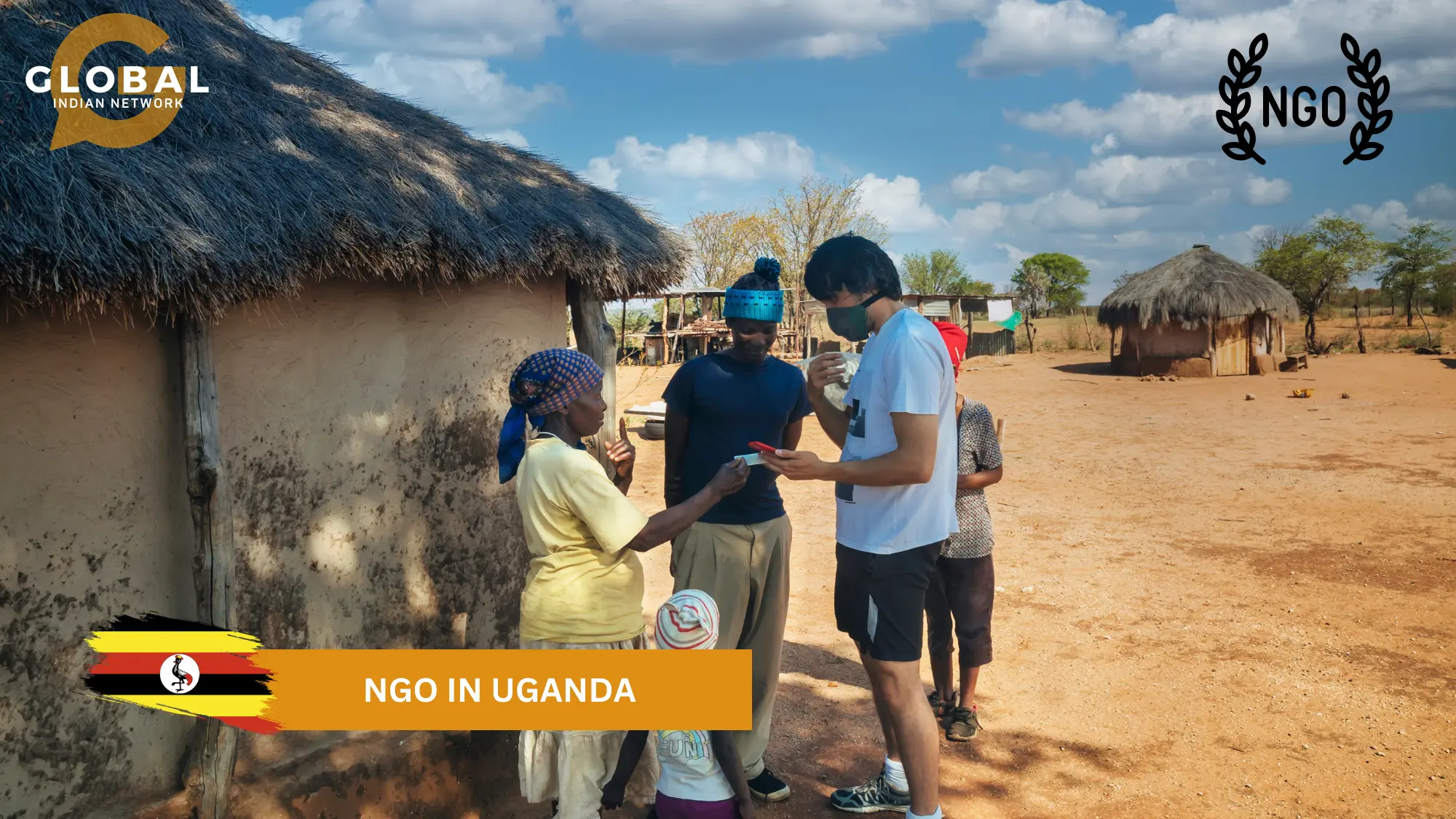
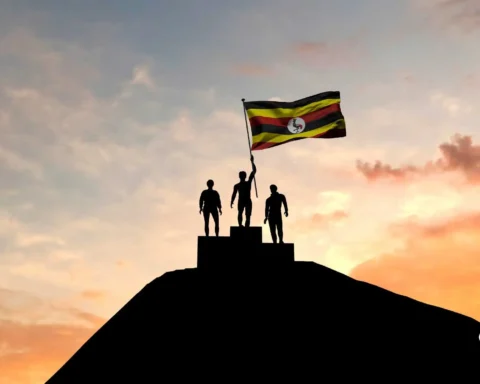
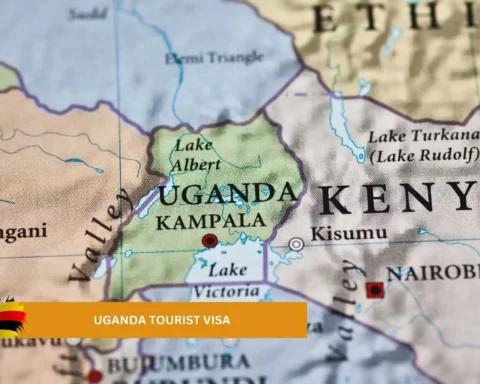
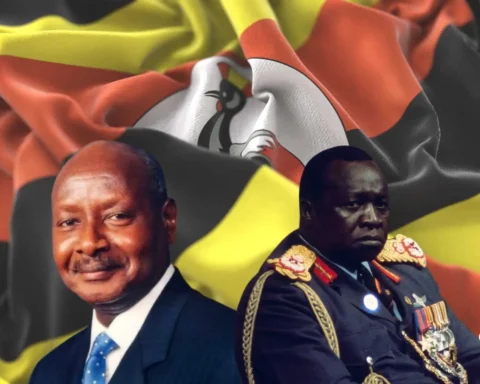

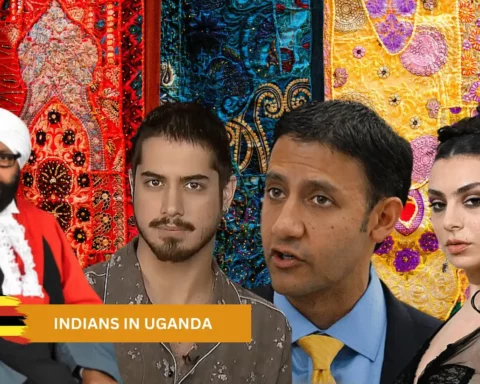
[…] Non-Governmental Organizations (NGOs) are crucial in addressing various social, economic, and environmental issues. Their importance stems from their unique ability to fill gaps, innovate, and advocate for change where governments and other institutions may fall short. While NGOs often cater to various focus groups, one of the most impactful ways NGOs have bettered society is through the empowerment of women. From grassroots advocacy to global policy reforms, NGOs ignite change and foster opportunities for women to thrive. […]
[…] has also partnered with various NGOs and charity programs to alleviate issues at home, like food poverty and food waste. Prasad is an […]
[…] is enhancing national parks and reserves through government and NGOs' efforts to protect wildlife and ecosystems, while community-based tourism initiatives promote […]
[…] NGOs are fueled by a passion for a certain cause and are driven by commitment. This energy in the mental health sector has brought about waves of progression. […]